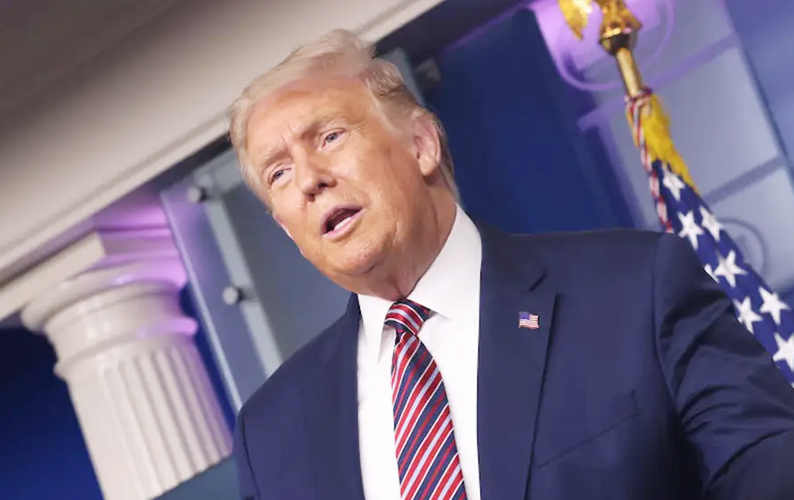As the federal government’s moratorium on student loan repayments approaches its scheduled end, a recent development has surfaced, revealing that the Education Department has instructed loan servicers not to reach out to borrowers regarding the resumption of payments. This latest directive has raised concerns among industry stakeholders and borrowers alike, highlighting the potential challenges associated with the looming expiration of the moratorium.
Scott Buchanan, the executive director of the Student Loan Servicing Alliance, emphasized the implications of the government’s communication strategy, noting that loan servicers have been advised not to contact borrowers for the past couple of months. While the precise rationale behind the Education Department’s decision remains unclear, the implications of this approach have stirred apprehension within the student loan servicing sector.
Amidst the uncertainty surrounding the potential extension of the moratorium, President Joe Biden’s administration has not made a definitive decision on whether to prolong the pause on federal loan repayments beyond the scheduled expiry date of August 31. With the ongoing impact of the coronavirus pandemic on the nation’s economic recovery, the issue of student loan repayments has garnered significant attention, prompting deliberations on the appropriate course of action.
The initial suspension of federal student loan repayments dates back to March 2020 when the CARES Act was enacted, halting payments until September 2020 and freezing interest accumulation. Subsequently, President Donald Trump extended the deferral period through January 2021 via executive action. Since assuming office, President Biden has consistently extended the moratorium, reflecting the ongoing challenges faced by borrowers in the wake of the pandemic’s economic repercussions.
Buchanan’s concerns over the potential challenges associated with the resumption of loan repayments underscore the complexities involved in transitioning from a moratorium to regular payment schedules. The need for a comprehensive approach to address the operational and logistical implications of this transition has become increasingly apparent, emphasizing the need for clear guidance and support from federal authorities.
As discussions continue regarding the potential extension of the moratorium, the political implications of this decision remain a significant consideration for the Biden administration and congressional Democrats. With the upcoming midterm elections on the horizon, the issue of student loan repayments has taken on added significance, prompting calls for a comprehensive approach to alleviate the financial burden faced by borrowers.
Amidst the ongoing debates on potential solutions, the prospect of student debt cancellation has also emerged as a topic of discussion. While the White House has indicated openness to the idea of canceling a portion of student loan balances, no definitive plan has been announced, leaving borrowers and industry stakeholders awaiting further clarity on the path forward.
As the August 31 deadline approaches, the implications of the federal government’s decision on the student loan moratorium remain a focal point of discussion, underscoring the need for a comprehensive approach to address the challenges faced by borrowers and loan servicing agencies alike. The implications of this decision extend beyond financial considerations, highlighting the broader socio-economic impact of student loan policies and the ongoing efforts to alleviate the burden on borrowers.




